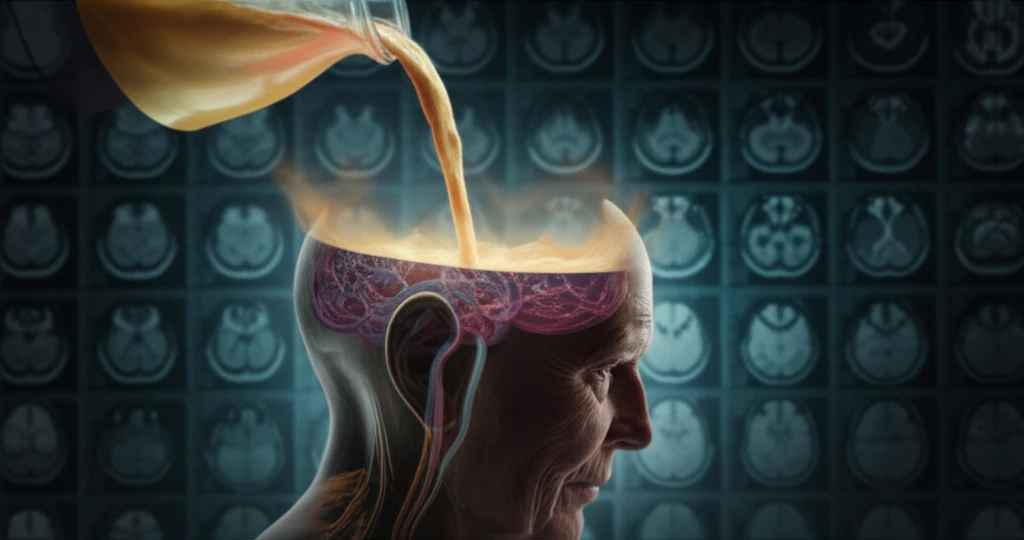
Nutrition's Lifeline: How Early Support Can Transform Stroke Recovery in Seniors
"Discover the power of early enteral nutrition in helping elderly stroke patients regain their strength and improve their chances of a full recovery."
Acute brain stroke (ABS) stands as a major health challenge, particularly among older adults. It's not just about the immediate damage; the aftermath often brings a host of complications, including dysphagia, a condition that impairs swallowing. Dysphagia affects a significant portion of stroke patients, disrupting their ability to eat properly and maintain adequate nutrition.
For elderly stroke patients, the stakes are even higher. Age-related declines in bodily functions and increased catabolism make them more vulnerable to malnutrition, aspiration pneumonia, and other severe health issues. Addressing these nutritional needs is crucial for improving prognosis and supporting recovery.
That's where early enteral nutrition support (EENS) comes into play. This method of providing nutrients directly to the digestive system can be a game-changer, offering a lifeline to those struggling to eat. A recent study sheds light on just how effective EENS can be in improving nitrogen balance and overall outcomes for elderly stroke patients with dysphagia.
The Impact of Early Nutrition: Nitrogen Balance and Recovery

The study, published in Pteridines in 2018, retrospectively analyzed 68 patients diagnosed with acute brain stroke (ABS). The research focused on how early nutritional intervention could alter the course of recovery for these patients. The core of the investigation split participants into two groups: one receiving early enteral nutrition support (EENS) within 72 hours of their diagnosis, and the other receiving a regular liquid diet.
- Improved Nitrogen Balance: Patients receiving EENS showed significantly better nitrogen balance compared to those on a regular liquid diet, indicating better protein utilization.
- Reduced NIHSS Score: The National Institutes of Health Stroke Scale (NIHSS) scores, which measure the severity of stroke-related impairments, were significantly lower in the EENS group after treatment.
- Fewer Complications: The risk of regurgitation, diarrhea, and ventosity was significantly lower in the EENS group, showcasing the benefits of early nutritional support in minimizing adverse effects.
The Future of Stroke Care: Prioritizing Early Nutrition
Early enteral nutrition support offers a promising avenue for improving the outcomes of elderly stroke patients, but it's not the whole story. While this study provides valuable insights, the researchers themselves acknowledge the need for further investigation through larger, prospective, randomized controlled trials. These future studies will help to solidify the evidence and refine the application of EENS in stroke care. By prioritizing early nutrition, healthcare professionals can potentially transform stroke recovery for countless elderly individuals, helping them regain their strength, independence, and quality of life.
